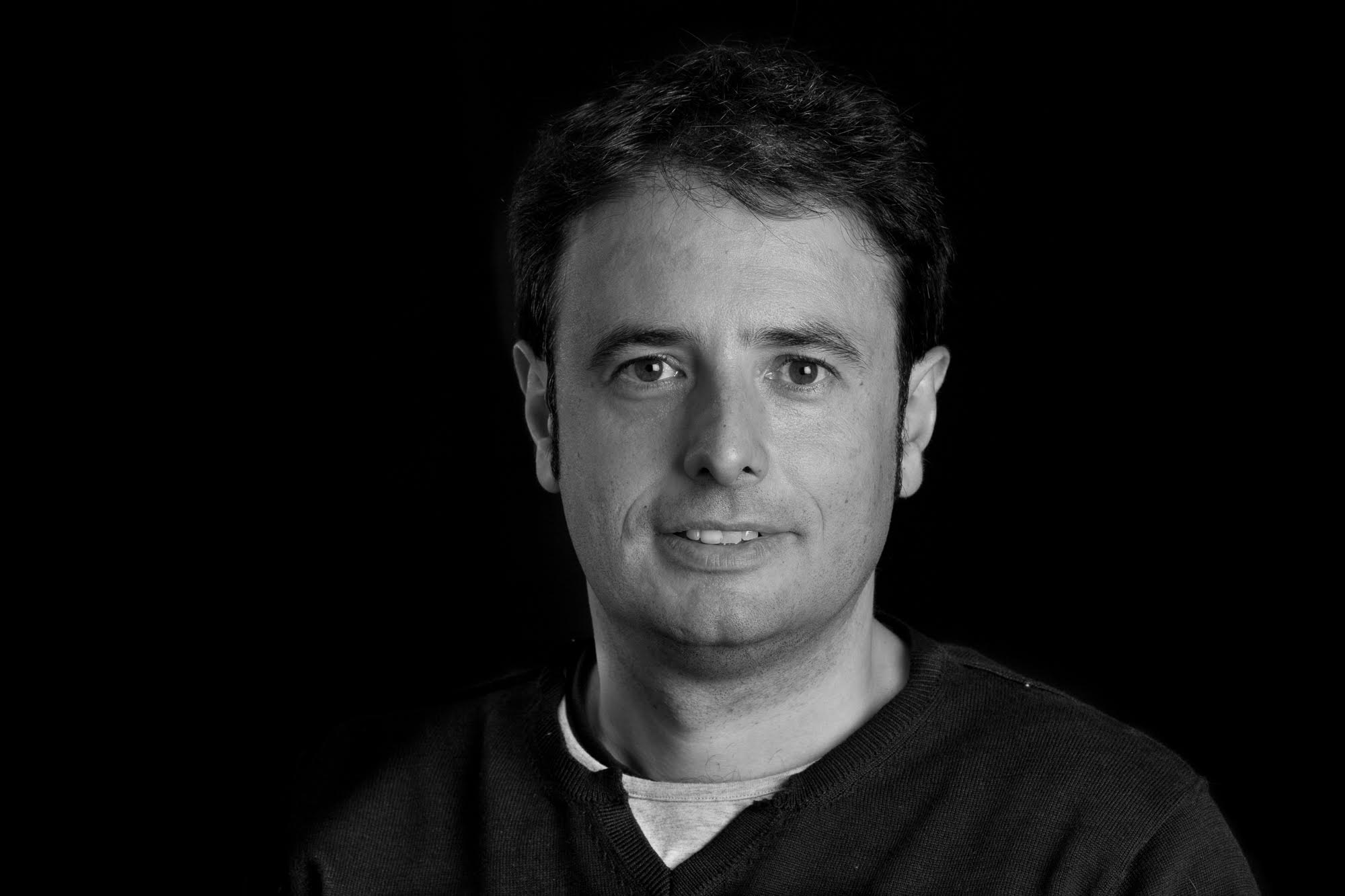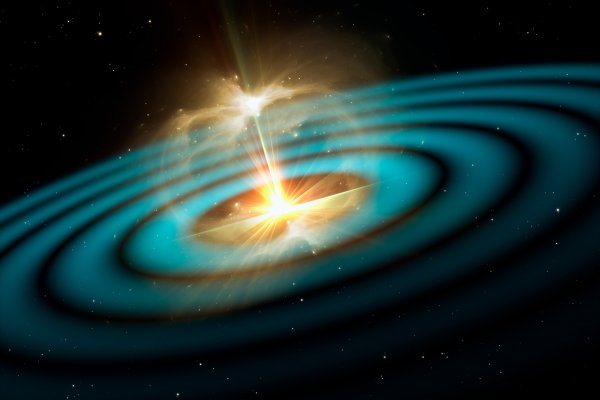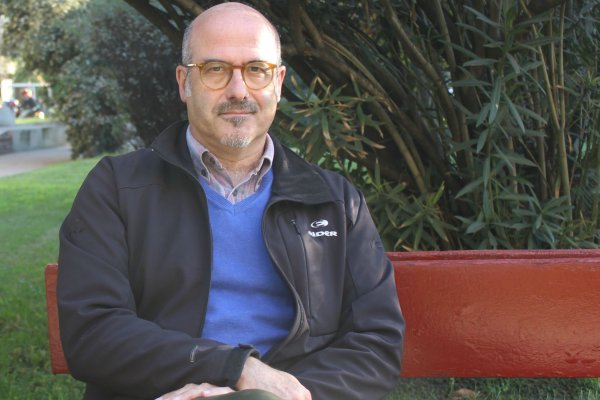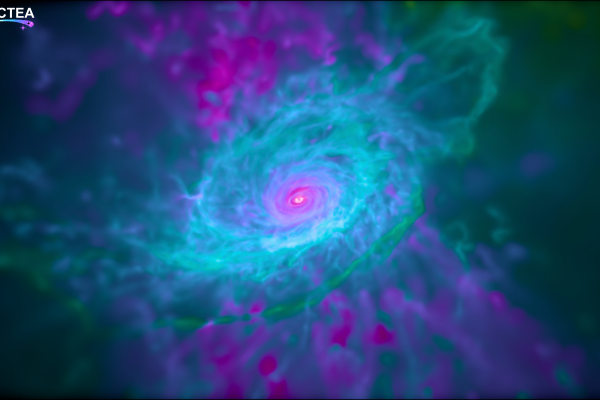David Mateos, an ICREA researcher in the Department of Quantum Physics and Astrophysics and member of the UB Institute of Cosmos Sciences (ICCUB), has obtained an Advanced Grant from the European Research Council (ERC) to apply holography in the field of gravitational waves. The HoloGW project will receive funding of 2.5 million euros and will address unresolved challenges in cosmology and astrophysics from another perspective.

Gravitational waves are small perturbations in space-time that were postulated by Einstein’s theory of general relativity. “The first detection in 2015 was a real experimental revolution,” says Mateos. He adds that “almost everything we knew at the time about the universe was based on the light coming to us from all directions”.
The UB researcher is clear about the importance of the discovery: “Listening to the universe through gravitational waves is as ground-breaking a change as adding sound to silent films”.
The ERC-funded project, HoloGW, aims to use holography, a tool originating from string theory, to gain a deep understanding of “the properties of quantum matter that generate gravitational waves”, and to take advantage of this experimental revolution.
The ERC-funded HoloGW project aims to use holography, a tool originating from string theory.
“This matter is often found in extreme conditions, such as in the early universe, in black hole or neutron star mergers, near a space-time singularity, and so on. This makes it very difficult to study with conventional methods,” says Mateos, who is confident that holography will be useful to solve fundamental challenges in fields of cosmology and astrophysics that have been open for decades.
Advanced Grants, a fundamental tool to promote research
In total, the European Research Council (ERC) has awarded 255 Advanced Grants, representing an investment of 652 million euros to promote cutting-edge research in fields such as medicine, physics, social sciences and the humanities, among others. This grant is considered the most prestigious and competitive of those awarded by the Council, as it offers researchers the opportunity to carry out research that can lead to major scientific breakthroughs.



